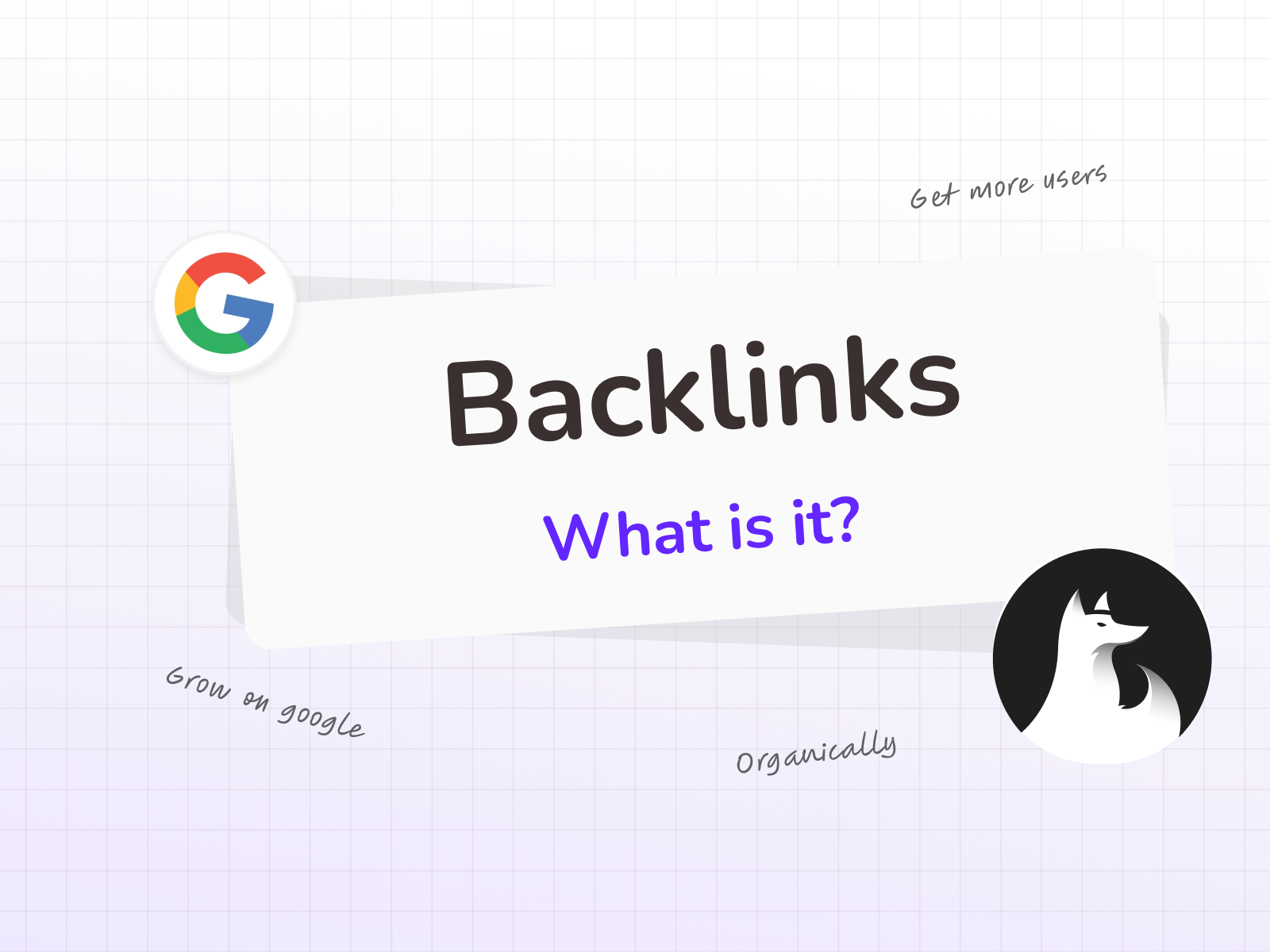Have you ever wondered how some websites consistently appear at the top of search results, while others seem to vanish?
A major secret behind their success often lies in something called inbound links. These aren't just random connections, they are fundamental pillars of strong online visibility. Understanding them is crucial for anyone looking to boost their digital footprint. Let's explore what inbound links are, why they matter so much, and how they can supercharge your online presence.
What Exactly Are Inbound Links?
Simply put, an inbound link is a hyperlink from one website to another. Think of it as a digital recommendation. When another website links to your content, they are essentially endorsing it, telling their readers, "Hey, this resource is valuable, you should check it out!" These are also commonly known as backlinks. For example, if a popular tech blog writes an article about the latest smartphone features and includes a link to your detailed review of that phone, that's an inbound link to your site. It's a direct connection that drives traffic and signals relevance.

Why Do Search Engines Love Inbound Links?
Search engines, particularly giants like Google, view inbound links as critical signals of a website's authority and trustworthiness. Imagine them as votes of confidence from other websites. The more high-quality votes your site receives, the more authoritative and relevant it appears to search engines. According to HubSpot, inbound links are a significant ranking factor because they indicate that your content is valuable enough for others to reference.
Consider this scenario: if 100 reputable news sites link to an article on your blog, Google's algorithms interpret this as a strong indication that your article is an excellent resource on that topic. Conversely, if your site has very few or only low-quality links, it suggests a lack of credibility or relevance. This system helps search engines deliver the most useful and reliable information to their users, directly impacting your search engine ranking.
The Impact of Inbound Links on Your SEO Strategy
The benefits of a robust inbound link profile extend far beyond simply moving up a search results page. They are a cornerstone of a successful SEO strategy.
Firstly, quality inbound links significantly increase organic traffic. When your content ranks higher, more people see it. When people click on those links from other sites, they land directly on your pages. This leads to a steady stream of visitors who are already interested in your niche.
Secondly, they contribute to improved visibility. Higher rankings mean your website is seen by a wider audience, enhancing your overall online visibility. This makes it easier for potential customers or readers to discover your business or content.
Thirdly, inbound links are crucial for enhanced website authority. Over time, as your site accumulates links from diverse, reputable sources, its perceived authority and trustworthiness in the eyes of search engines grow. This builds your domain authority, making it easier for new content on your site to rank well.
Finally, for businesses with a physical presence, inbound links can powerfully impact local SEO. Links from local directories, community organizations, and other local businesses can signal to search engines that your business is a relevant and trusted entity within its geographic area. This helps you appear in local search results when people are looking for services or products nearby.

Quality Over Quantity: The Golden Rule of Link Building
When it comes to inbound links, remember this crucial point: quality triumphs over quantity. A single link from a highly authoritative and relevant website is often more valuable than dozens of links from low-quality, spammy, or irrelevant sites. Search engines are sophisticated enough to differentiate between legitimate endorsements and manipulative link schemes.
Links from what are often called 'link farms,' or sites created solely for the purpose of linking to others, can actually harm your search engine ranking and even lead to penalties. Google wants to see natural, earned links that genuinely benefit users. Focus your efforts on acquiring links from websites that are respected within your industry, have high domain authority, and are topically relevant to your content. A link from a major industry publication, for instance, carries immense weight compared to a link from an obscure, unrelated blog.
Strategies for Earning Valuable Inbound Links
So, how do you attract these coveted digital votes of confidence? It all starts with creating something worth linking to.
First and foremost, create high-quality, engaging content. This is the bedrock of any successful link building strategy. If your articles, guides, infographics, or videos are exceptionally informative, entertaining, or unique, other websites will naturally want to reference them. Consider using tools like FeedPal, an AI writer assistant, to generate well-structured, SEO-optimized blog articles that stand out and become link-worthy assets. FeedPal can also help you schedule these articles, ensuring a consistent flow of fresh, valuable content that search engines love.
Guest blogging is another effective method. This involves writing articles for other reputable websites in your niche and including a link back to your site within the content or author bio. It exposes your brand to a new audience and earns you a valuable backlink.
Broken link building is a clever tactic. You find broken links on other websites using specialized tools, then reach out to the site owner, informing them of the broken link and suggesting your relevant content as a replacement. It's a win-win: they fix a problem, and you get a link.
Don't forget to promote your content across various channels. Share your articles on social media platforms, participate in relevant online communities, and proactively reach out to industry influencers or journalists who might find your content useful and consider linking to it. Strategic partnerships and collaborations with complementary businesses can also open doors for mutually beneficial linking opportunities.
Moreover, remember that you can even leverage tools like FeedPal's API or plugin to showcase your articles within your mobile app. This not only re-engages your existing mobile app users with fresh, valuable content but also reinforces your authority and content creation efforts, which can indirectly support your broader link-building initiatives.
Measuring Your Inbound Link Performance
To understand the impact of your efforts, it's essential to monitor your inbound link profile. Tools like Google Search Console provide basic information, while more advanced platforms like Ahrefs or SEMrush offer comprehensive insights. You'll want to track metrics such as the number of referring domains, the total number of backlinks, the anchor text used in the links, and the domain authority of the linking websites. Regularly auditing your links helps you identify valuable opportunities and detect any potentially harmful, low-quality links that might need to be disavowed.
Conclusion
Inbound links are far more than just technical SEO elements, they are vital endorsements that build trust and authority for your website. By understanding their role in signaling credibility to search engines and driving targeted traffic, you can unlock significant growth for your online presence. Remember to focus on earning high-quality, natural links by consistently creating exceptional content. Tools like FeedPal can be your strategic partner in this journey, helping you craft compelling articles that attract those valuable backlinks and ultimately boost your digital marketing success. Start investing in your content and link-building efforts today, and watch your visibility soar.
